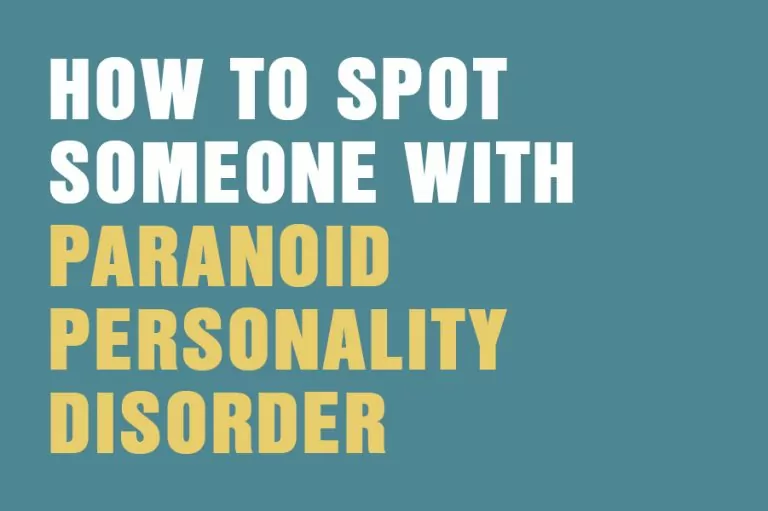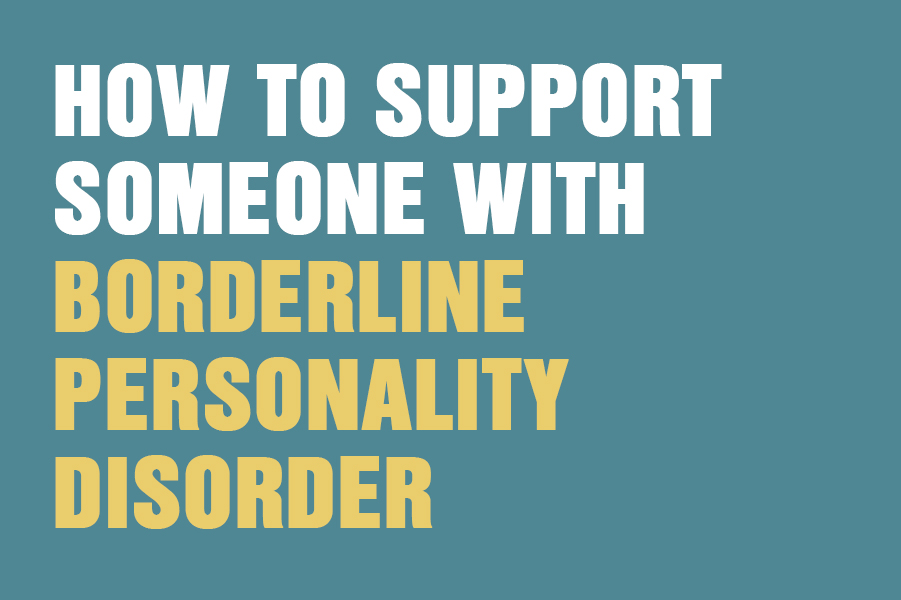Do you know someone who finds it hard to trust others and fear that people want to harm them? Do they take any comment as a personal attack – and respond by attacking back? Do they hold back from confiding in anyone in case the person uses the information against them? And do they suspect their partner of cheating on them – even if there are no grounds whatsoever for their suspicions?
These traits in themselves don’t automatically mean the person has a paranoid personality disorder. It’s only if these behaviours are intense, extreme, ongoing – and are significantly affecting the person’s functioning in everyday life – that there may be in issue.
Like all psychiatric conditions, a personality disorder needs to be diagnosed by a psychiatrist according to behaviours and symptoms listed in the DSM-5 diagnostic manual.
The signs and symptoms of paranoid personality disorder from the DSM-5 are:
1. Pervasive distrust and suspicion of others such that their motives are interpreted as malevolent. This behaviour is noticeable by early adulthood and can show itself in a variety of contexts. To be diagnosed, patients need to demonstrate paranoia in four of the following ways:
- Suspects, without sufficient basis, that others are exploiting, harming, or deceiving him or her.
- Is preoccupied with unjustified doubts about the loyalty or trustworthiness of friends or associates.
- Is reluctant to confide in others because of unwarranted fear that the information will be used maliciously against him or her.
- Reads benign remarks or events as demeaning or threatening.
- Persistently bears grudges (and is unforgiving of insults, injuries, or slights).
- Perceives attacks on his or her character or reputation that are not apparent to others, and is quick to react angrily or to counter-attack.
- Has recurrent suspicions, without justification, regarding the fidelity of their spouse or sexual partner.
2. Does not occur exclusively during the course of schizophrenia, bipolar disorder or depressive disorder with psychotic features, or another psychotic disorder, and is not attributable to the physiological effects of another medical condition.
Paranoid personality disorder may have some symptoms in common with schizophrenia. However, the main difference between these psychiatric disorders is that people with paranoid personality disorder won’t have hallucinations of things that aren’t happening – such as the voices in the head that people with schizophrenia experience.
How to support someone with paranoid personality disorder
To support someone with paranoid personality disorder, it’s best not to challenge the facts that they believe to be true. They may believe that someone is out to get them, that one ‘dirty look’ will escalate into a hate campaign against them, or they may feel ganged up on because a family member disagreed with something they said. Don’t automatically support or reject what they’re saying. Instead, go with the feelings that are coming up around what they believe, rather than justifying, explaining, or finding evidence to refute or confirm their claim. And encourage your loved one to reach out for support from a trusted source, such as their GP.
If you or someone you know feels ready to seek support for paranoid behaviour, or if they have paranoid traits that are making life difficult, then get in touch with us at The Awareness Centre. We have a team of counsellors, psychotherapists and psychologists offering sessions seven days a week from our centres in Clapham and Tooting. Email us on [email protected] or call 020 8673 4545.







